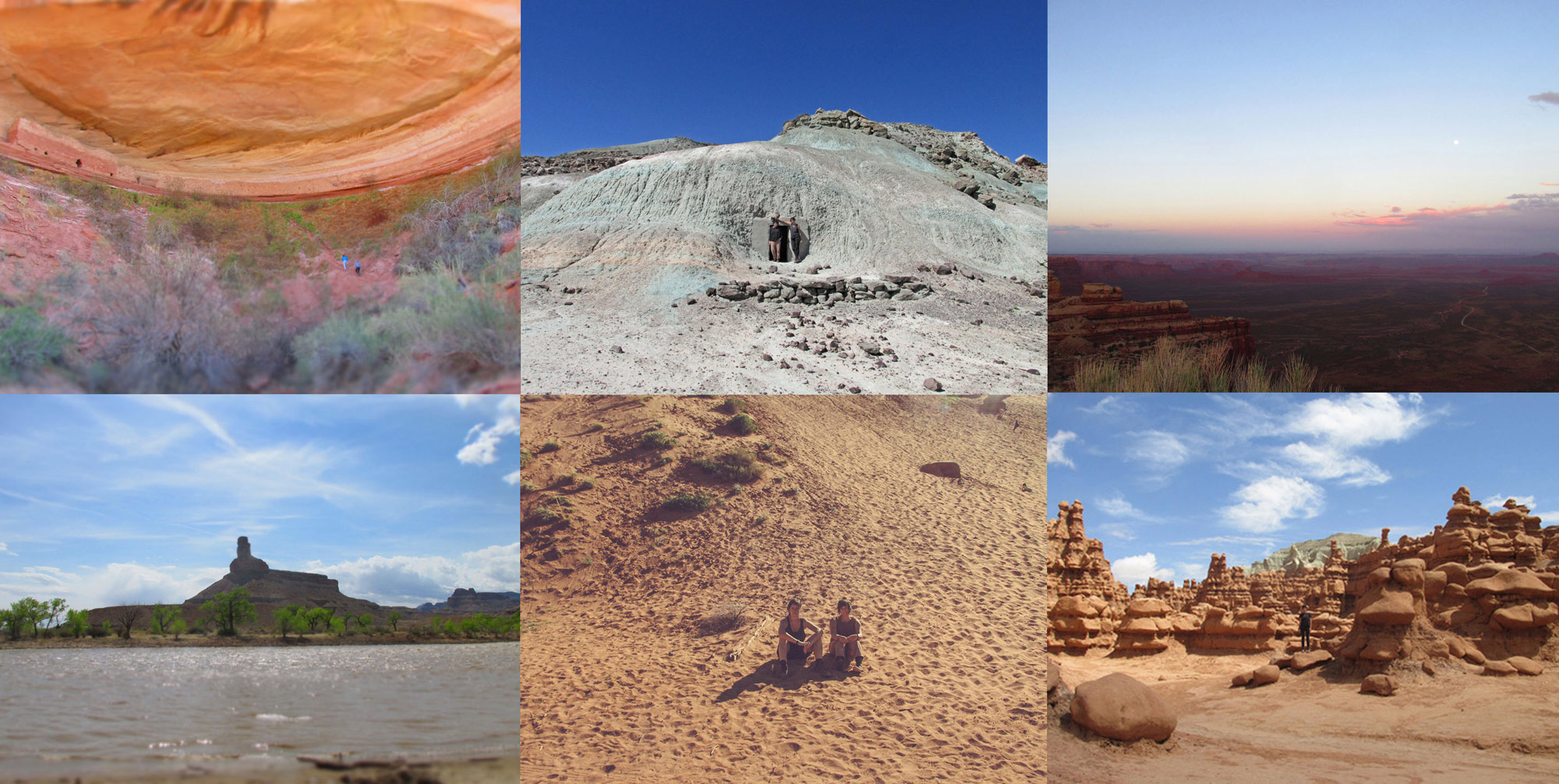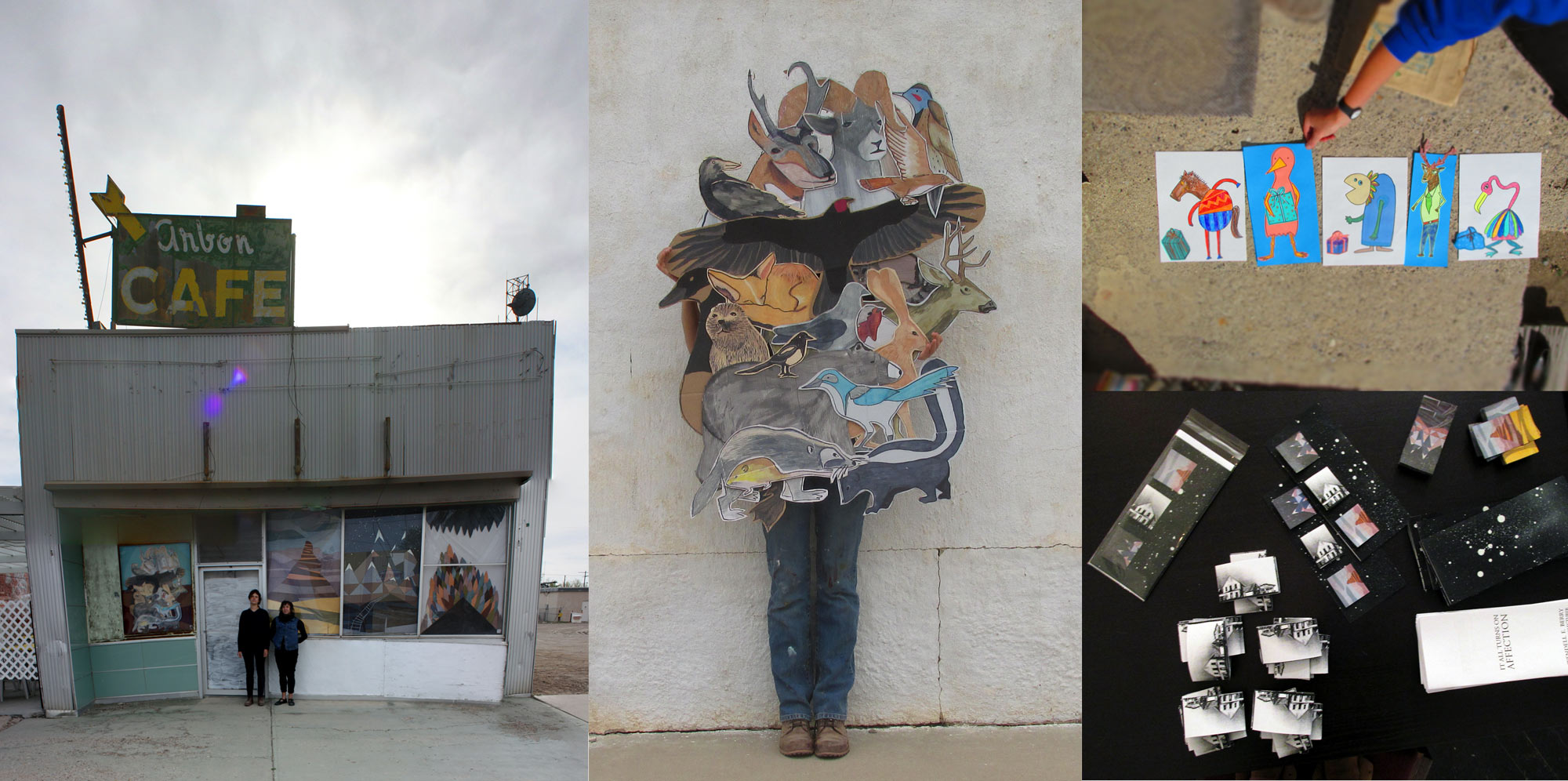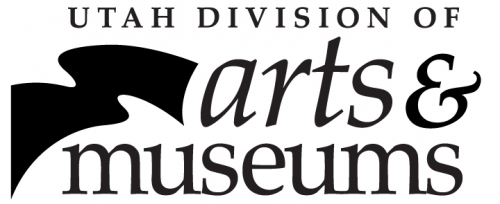“But this has not been inevitable. We do not have to live as if we are alone.” -Wendell E. Berry
We are friends who have never lived in the same place. Once a year (sometimes more and sometimes less), we spend a month (or sometimes more or sometimes less) working together, exploring questions of home and belonging and friendship. Our history of collaborative work looks like all sorts of things: whirlwind adventures, a neighborhood radio station, a hand-built upside-down boat, a quilted geodesic dome-home, short songs in harmony, and years of letters between us. No matter the form, we tell stories and make homes together.
This past year has been a hard one. We each lost homes that we loved, homes that were anchor points to places we loved even more. Each of us, unable to find other affordable housing options in the towns we lived in for years, have been forced to move. This has been a year of loss and longing, displacement and uncertainty, beginnings all over again.
As Frontier Fellows, we spent a month reflecting on place. On what a landscape looks like when it takes root inside of you. On what a community rooted in place makes possible. We were welcomed to Green River by a warm Epicenter community, who shared dinners, game nights, work hours, and adventures with us. We also came to know Green River by way of the canyons, mesas, buttes, rivers, and rocks that make up this dramatic and beautiful desert.
 Ruins near Bluff, Utah. Bunker south of Green River, Utah. Valley of the Gods en route to the Grand Canyon. The River Beach. Sand dunes near Canyonlands. Goblin Valley.
Ruins near Bluff, Utah. Bunker south of Green River, Utah. Valley of the Gods en route to the Grand Canyon. The River Beach. Sand dunes near Canyonlands. Goblin Valley.
 Charts of goals imagined and completed, conceptual and geographical. Paper calendar of how we spent our time.
Charts of goals imagined and completed, conceptual and geographical. Paper calendar of how we spent our time.
We spent nearly a third of our residency out driving on old roads, going slowly on long walks, and studying the horizon lines of here. During this time, we talked about rootedness. About what it takes to build home in a fast-paced world motivated by things other than affection for place.
We talked about time. About the kind of generosity and patience made possible through indefinite relationships. About intergenerational memory. About geologic scales. How Green River used to be an ocean.
We talked about mobility. About the piecework of making a living as an artist, all the traveling and cobbling together and homesickness. About the worlds we each can walk in because of our education, class, race: about passing for things we don’t believe we are. About trains and roads. Interstates that bypass towns built around older routes. Shipping channels, truck corridors, hotshot trains: goods that move more freely throughout the world than people. Thousands of miles of train tracks and roadways: the people who built them and did not stay. The land these paths cut through and the people who have been forced from it. About mobility’s relationship to displacement and extraction.
We talked about boomtimes. About divestment. About gentrification.
We talked about hardtimes. About tenacity. About how to be the best neighbor.
Epicenter’s model for economic development and sustainable community-building is one that should resonate in urban areas as well as rural ones. Programs like Fix it First, Potluck, and the Boys and Girls Club center on making Green River a place that sustains the people who already live here. Projects like the Frontier Fellowship, the Day Trip guides, or Windows on Broadway invite new people to celebrate and explore what is here.
As we each consider the possibilities of home-building in a rapidly gentrifying city and economically marginalized small town, we think often of Green River. We are grateful for our time in Green River and excited about the work we were able to create in our short stay. We did almost everything on our list of possibilities and as for the rest, we believe in boomerangs. See everyone again soon.
You can read more about Molly + Mary’s projects in Green River at their project blog.
 Green River landscapes built from materials found in Green River, for display in the Arbon Cafe. Storytelling afternoon of drawing with Boys & Girls Club that Molly turned into an animation. Making mail: a small poem-book, an annotated Wendell Berry lecture, the stars from here, and some fridge magnets.
Green River landscapes built from materials found in Green River, for display in the Arbon Cafe. Storytelling afternoon of drawing with Boys & Girls Club that Molly turned into an animation. Making mail: a small poem-book, an annotated Wendell Berry lecture, the stars from here, and some fridge magnets.

Funding for the window display projects is provided by the Utah Division of Arts & Museums’ Random Acts of Art grant.
